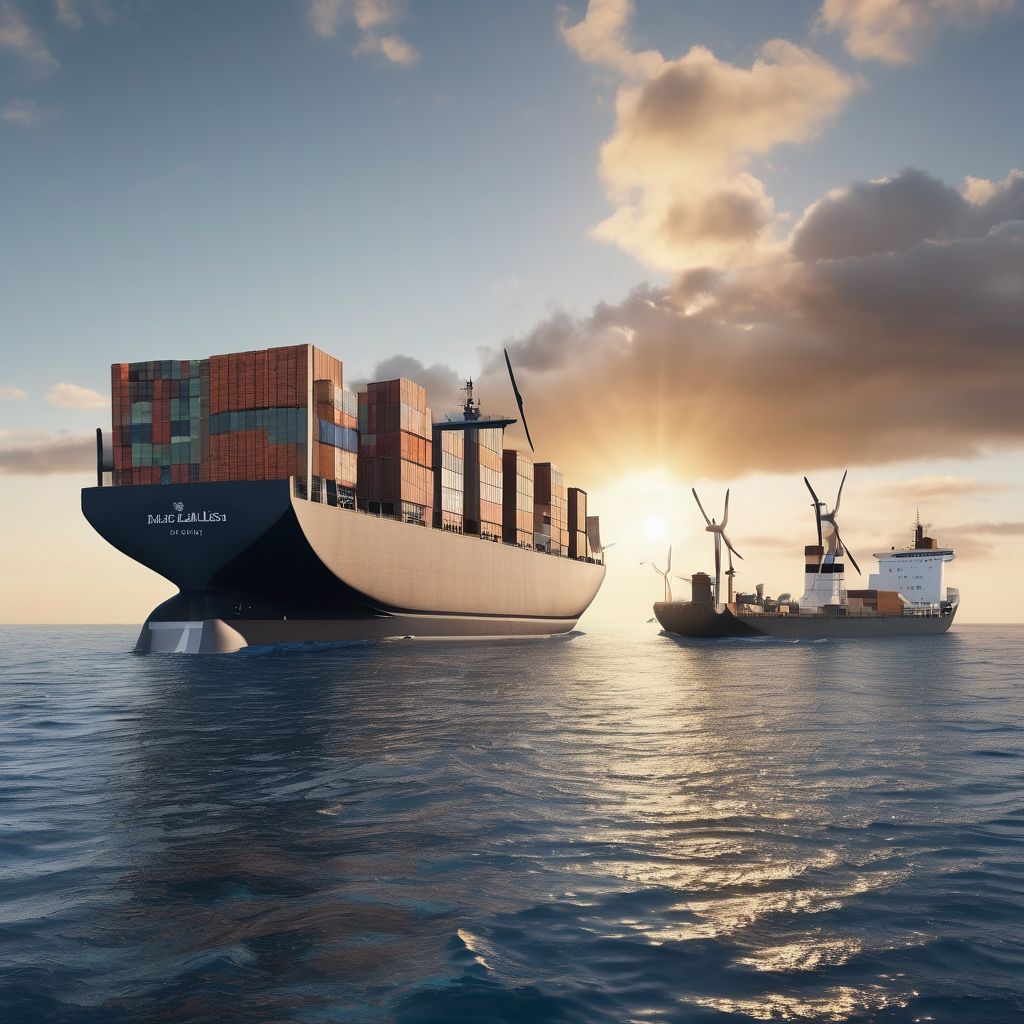The second Extraordinary Session of the Marine Environment Protection Committee (MEPC) has commenced at the International Maritime Organization (IMO) Headquarters in London, centering on crucial advancements in the maritime sector’s response to climate change. The 6PAC+ alliance, representing the Pacific and including nations like the Marshall Islands, Vanuatu, and Tuvalu, is advocating for a significant transition to sustainable shipping practices. Their aim is to phase out fossil fuels, aligning with the global target of keeping temperature rise below 1.5˚C, while ensuring a just transition that supports developing nations, especially Small Island Developing States (SIDS) and Least Developed Countries (LDCs).
Leading the Pacific delegation are several ministers, including Hilton Kendall of the Marshall Islands, Ralph Regenvanu of Vanuatu, and Simon Kofe of Tuvalu. Minister Kofe emphasized the urgency of the situation, asserting, “We are here to lead high ambition… This is about more than shipping. It is about survival.” This message resonates deeply with SIDS that face substantial challenges from climate change, including rising sea levels and extreme weather, which are exacerbated by the high shipping costs linked to their remote locations.
During this session, the MEPC will evaluate the Net-Zero Framework, which seeks to eliminate greenhouse gas emissions from ships in accordance with the IMO’s 2023 GHG Strategy. Discussions will focus on advocating for a global fuel standard and establishing a pricing mechanism for GHG emissions, both vital steps toward creating a more sustainable shipping industry. Previous sessions have underscored the importance of a market-based mechanism like the greenhouse gas pricing initiative proposed at MEPC 83, aimed at promoting rapid emission reductions while ensuring that the burden of climate change does not disproportionately affect the least developed nations.
The 6PAC+ alliance emphasizes the need for equitable solutions that take into account the vulnerabilities of nations most impacted by climate crises. Recent dialogues among international leaders reflect a growing consensus on the necessity of comprehensive regulations to steer the industry toward sustainability. It is crucial that resilient policies address the needs of all countries, particularly those least responsible for climate change but most susceptible to its effects.
The ongoing dedication of Pacific nations in global climate negotiations instills a sense of hope that collective efforts will yield robust initiatives essential for protecting the environment for future generations. This momentum towards accountability, equitable solutions, and decisive action points to a broader movement that aims not only to enhance maritime regulations but also to inspire positive changes benefiting communities around the world.
